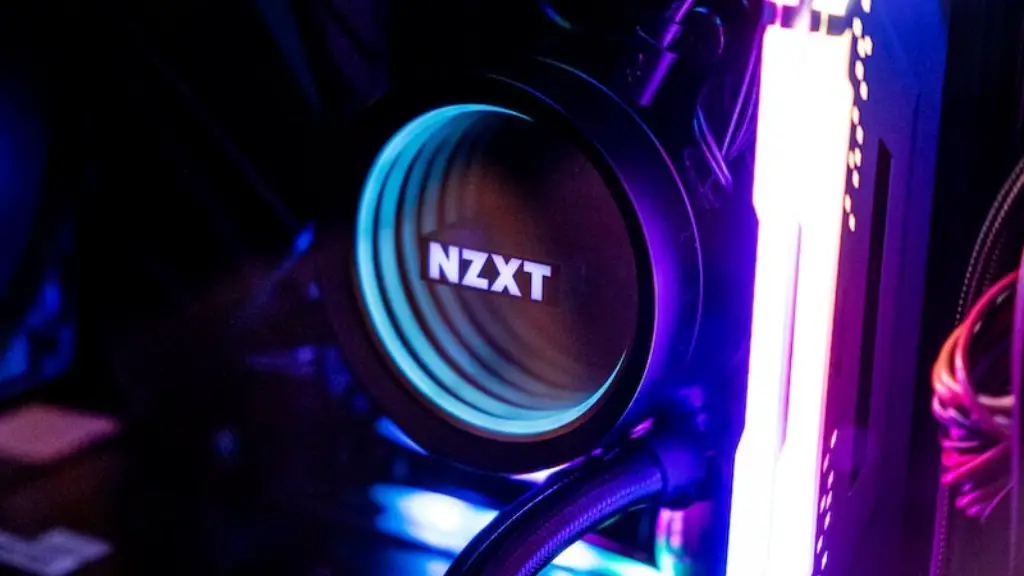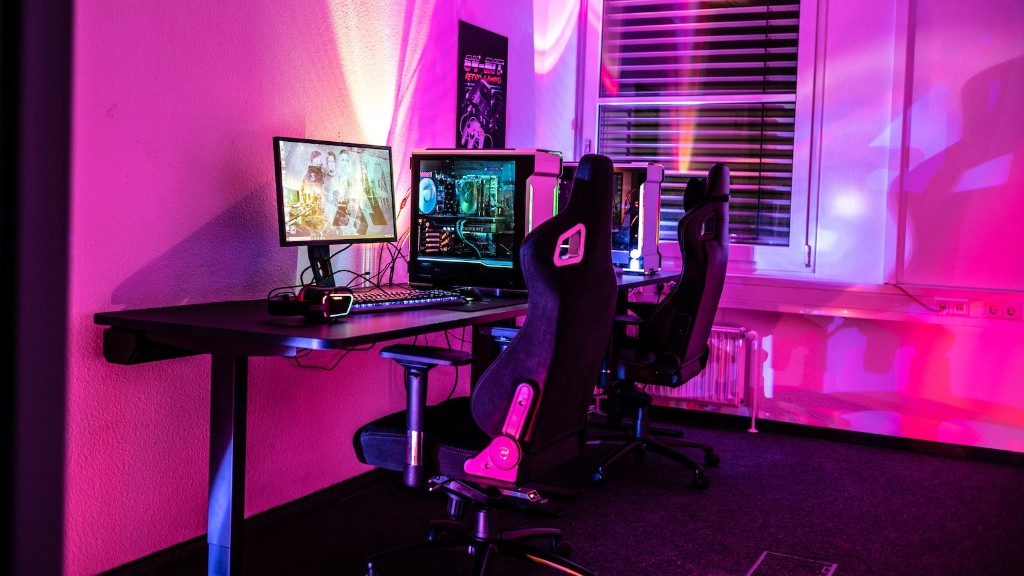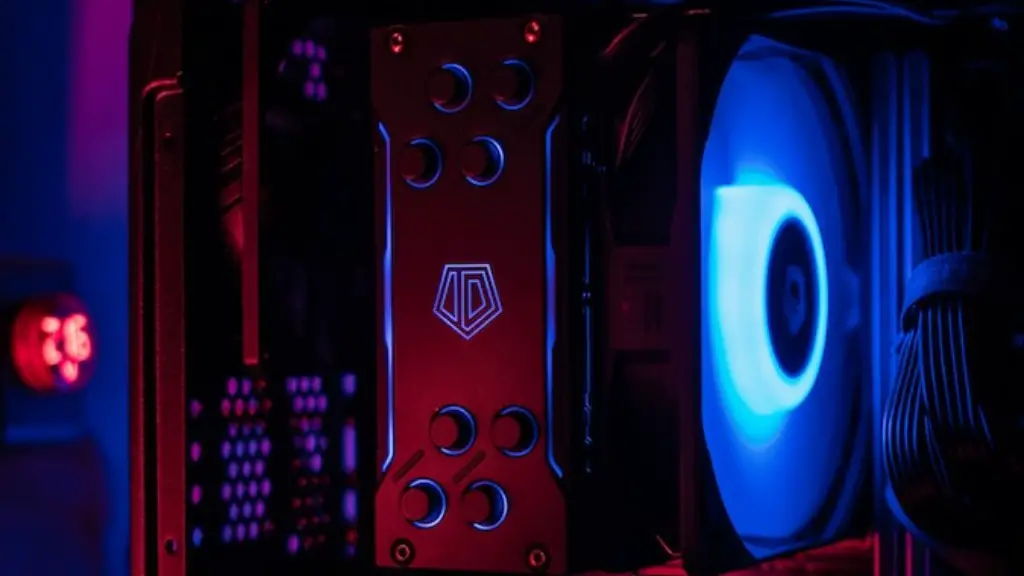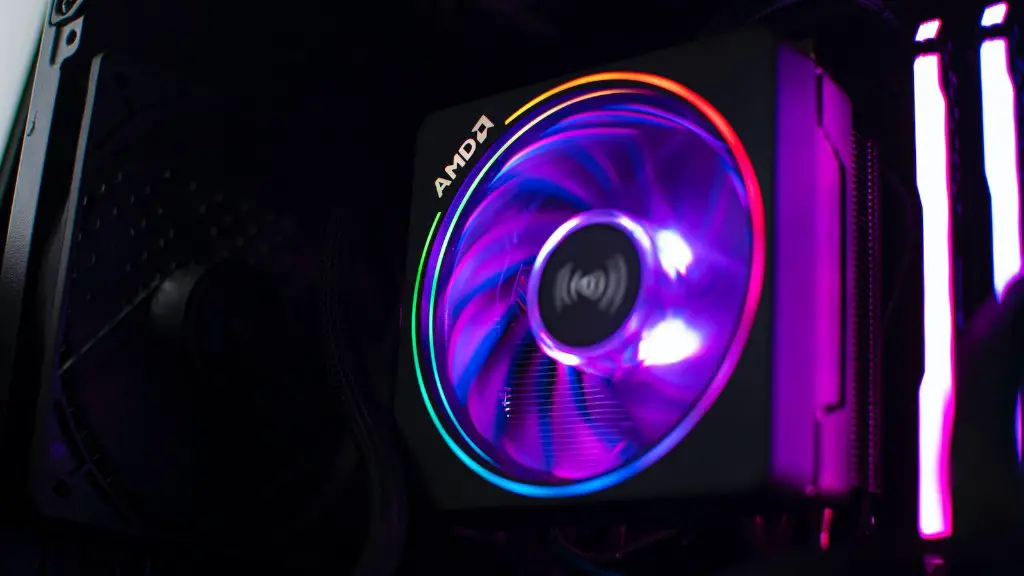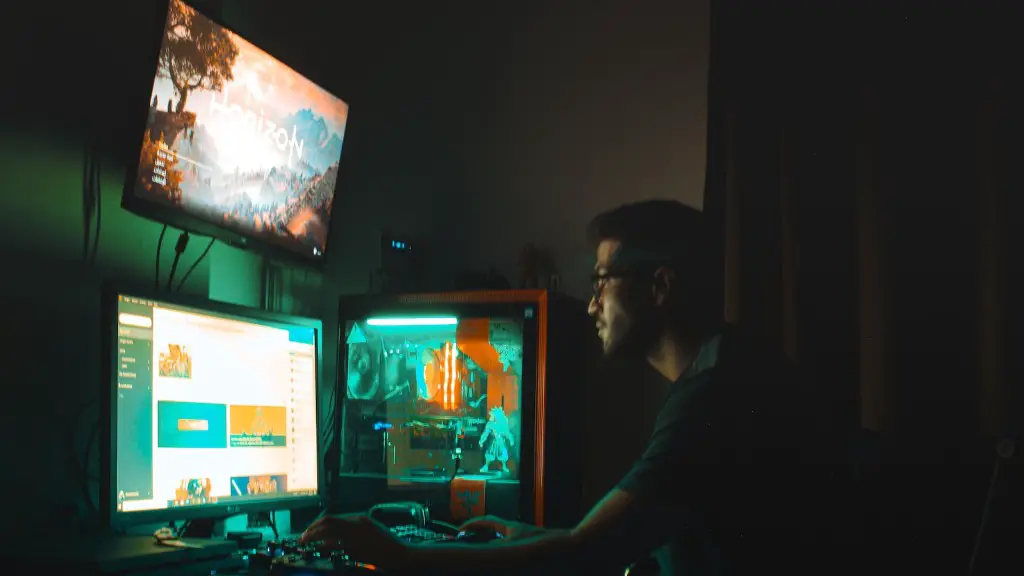Introduction: It’s possible to build or buy a gaming PC with a small budget and get great performance. There are a few key factors to consider when selecting the best and cheapest gaming PC. These include the processor, graphics card, RAM, storage and cooling. In addition, the quality of the parts and build can make a huge difference in the longevity of your system.
Cost Vs Performance: When selecting a gaming PC, the cost versus performance is an important factor. Buying an entry-level gaming PC with the latest processor and graphics card will provide significantly better performance than an older system but at a much higher cost. A mid-ranged gaming PC can offer good performance, but you won’t be able to play the latest games as well. The best way to find the best and cheapest gaming PC is by balancing cost with performance.
Processor: The processor is the heart of the gaming PC. A good processor will ensure that the PC can handle the latest video games, as well as multitask functions. High-end gaming PCs will usually feature Intel i7 or AMD Ryzen processors. When shopping for a processor, you should look for one with at least four cores. If budget is a concern, you can get away with an older Intel i5 or AMD Ryzen processor.
Graphics Card: The next important factor is the graphics card. This determines how well the PC can render 3D graphics. You should look for a card with at least 4GB of video memory. If you plan to play the latest games, you should look for a card with at least 8GB of video memory. It’s also important to keep in mind that the more expensive cards tend to offer the best performance.
RAM: RAM is another important factor for your gaming PC. Most gaming PCs feature at least 8GB of RAM, which will allow you to play the latest games without lag. Increasing the amount of RAM can significantly improve performance and is a great way to increase the longevity of your system. Higher end gaming PCs may feature up to 32GB of RAM.
Storage: The storage size is important for keeping all of your games and other data. If you plan to download and install large games, you should invest in a larger storage drive. A minimum of 1TB of storage space should be sufficient for most games. Solid state drives (SSDs) are a great way to improve loading times, but they come with a high price tag.
Cooling: The last factor to consider when selecting the best gaming PC is cooling. Gaming PCs generate a lot of heat and need good cooling options to keep the components from overheating. Most gaming PCs come with at least one fan, but you may want to invest in a more robust cooling system, such as liquid cooling.
GPU and Power
GPU: GPU is an important factor when considering what is the best and cheapest gaming PC. GPUs are used to render 3D graphics and are essential for any gaming PC. The latest GPUs either from Nvidia or AMD can provide great performance, but they come at a cost. Lower-end GPUs often come with reduced features, and can compromise gaming performance. If budget allows, it’s worth investing in a mid-ranged or better GPU.
Power Supply: A good power supply is necessary to ensure that all of your components are getting the power they need. The wattage of the power supply should be at least 300W, but higher wattage is recommended for higher-end gaming PCs. A 80 Plus certified power supply ensures that your system is more efficient and reduces your electricity bill.
Cases: The case of your gaming PC is also an important factor. Cases come in different sizes, shapes, colors and designs, and are also important for cooling your components. Larger cases allow for more space and can usually house additional components and cooling systems. Smaller cases may lack the space needed to add additional components, but they can save you some money.
Pre-built or Custom Build: The last factor is whether you would like to buy a pre-built or custom build your own system. Pre-built gaming PCs are often cheaper, but are limited in terms of customization options. On the other hand, building your own custom gaming PC gives you more options for customization and allows you to select the best parts for your needs. Ultimately, it comes down to whether you have the knowledge and confidence to build a system yourself.
Peripherals and Software
Peripherals: It’s important to have the right peripherals for the best gaming experience. A good gaming monitor and comfortable gaming chair can make the difference in your gaming experience. A quality gaming mouse and keyboard is also essential for any gaming PC. Other peripherals such as a gaming headset, controllers, and a good gaming router can improve the gaming experience.
Software: Software is also important when looking for the best and cheapest gaming PC. Operating systems such as Windows 10 are necessary for running games, as well as multitasks functions. Other software such as anti-virus may be required, and there are many free or low-cost options available. To make the most out of your gaming PC, you should consider downloading specific software and drivers tailored to your PC’s hardware.
Maintenance and Durability
Maintenance: It’s important to keep your gaming PC up to date in order to get the most performance and longevity out of it. Keeping the components and software up to date can help to prevent performance issues and unexpected crashes. In addition, dust build-up over time can damage components, so it’s important to regularly clean your system to prevent this problem.
Durability: The durability of your gaming PC is also an important factor. Higher-end components tend to be more durable, so it’s important to make sure you are getting quality parts. Investing in a quality case can also help keep your components safe from dust build-up or accidental damage.
Help and Support
Help and Support: Another factor to consider when selecting the best and cheapest gaming PC is help and support. Most hardware and software companies offer help with installation, setup, and troubleshooting. In addition, many companies provide warranty support or customer service to help if anything goes wrong. It’s important to research customer reviews and ratings to see how they rated the support they received from any particular company.
Conclusion
Conclusion: Selecting the best and cheapest gaming PC can be difficult. Cost-effectiveness and performance should be balanced to find a system that best meets your needs. It’s important to do thorough research on parts, researching the customer reviews and ratings. In addition, you should consider the peripherals, software, maintenance, and customer support necessary for a great gaming experience.
